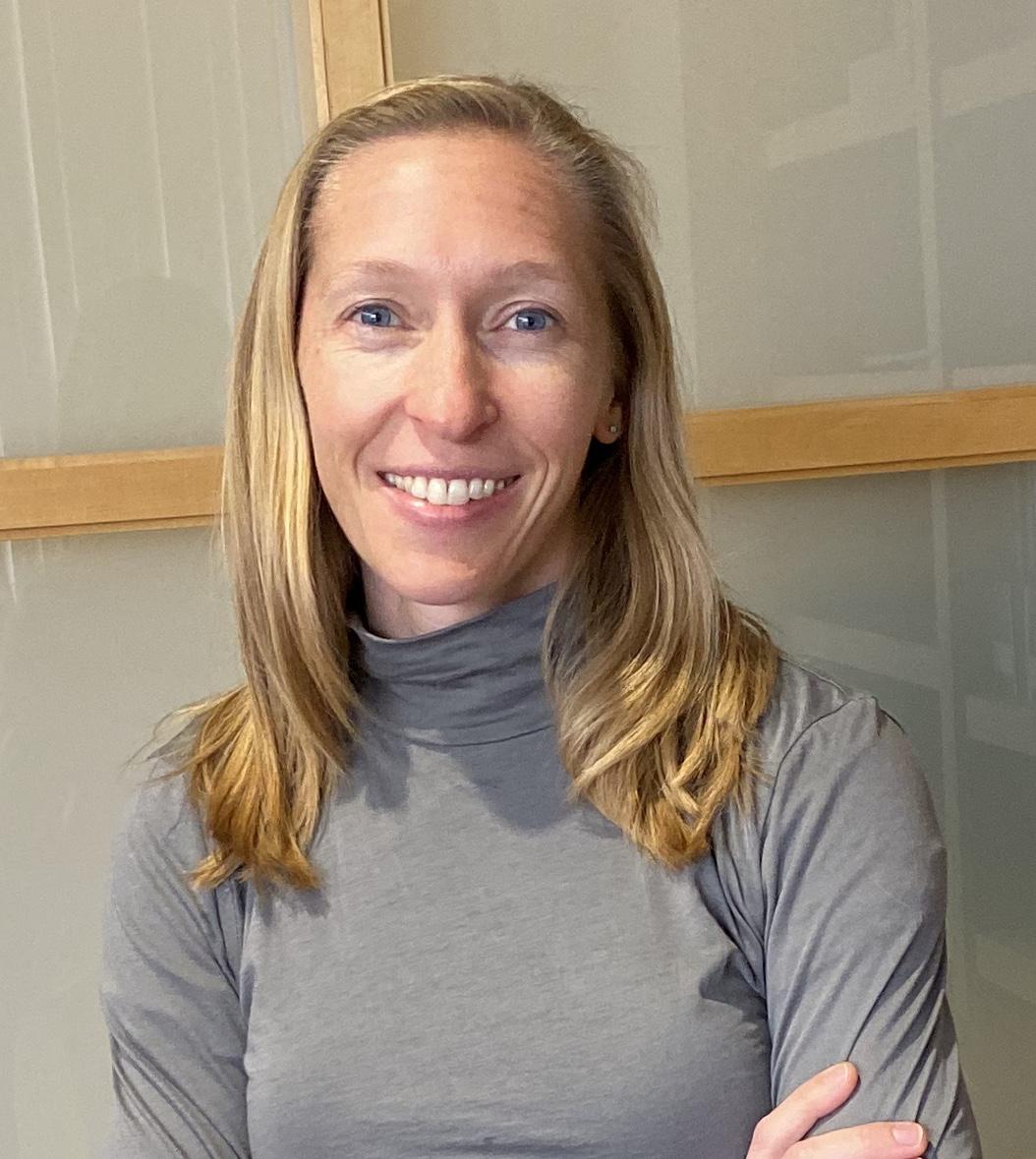by Buck Institute
April 26, 2023 . News
Brain aging expert Ashley Webb, PhD joins Buck faculty
 The Buck Institute for Research on Aging announces that Ashley Webb, PhD, will join its faculty as an associate professor on August 1, 2023. Webb’s research is focused on the molecular mechanisms underlying stem cells and brain aging. She joins the Buck from Brown University, where she is currently an associate professor in the Department of Molecular Biology, Cell Biology and Biochemistry. Webb uses a combination of mouse models, cell culture approaches and genomics technologies to investigate the epigenetic and transcriptional mechanisms that preserve healthy cellular function and how changes in these processes impair processes in the aging brain.
The Buck Institute for Research on Aging announces that Ashley Webb, PhD, will join its faculty as an associate professor on August 1, 2023. Webb’s research is focused on the molecular mechanisms underlying stem cells and brain aging. She joins the Buck from Brown University, where she is currently an associate professor in the Department of Molecular Biology, Cell Biology and Biochemistry. Webb uses a combination of mouse models, cell culture approaches and genomics technologies to investigate the epigenetic and transcriptional mechanisms that preserve healthy cellular function and how changes in these processes impair processes in the aging brain.
Among other avenues of inquiry, the Webb lab is investigating the mechanisms that support the formation of new neurons from stem cells in the adult brain. Her team has made key discoveries on how relatively dormant stem cells in the brain accumulate damage with age and in disease models. Current funding in her lab supports the investigation of impaired neural stem cell activation in Alzheimer’s disease and the investigation of the mechanisms by which transcriptional networks support healthy brain aging and are altered in neurodegeneration.
“I am very pleased and excited to welcome Ashley to the Buck faculty,” says Buck President and CEO Eric Verdin, MD. “Her portfolio of research interests will add depth to our ongoing efforts to promote brain health as we age. Her history of cross-disciplinary collaborations makes her a perfect fit for the research culture at the Buck.”
“I am delighted to join the Buck faculty,” says Webb, who got her PhD in Molecular and Cellular Biology from the University of Washington and did her postdoctoral work at Stanford University. “My passion is to understand the molecular and cellular mechanisms that accelerate brain aging and to develop new healthspan-enhancing interventions to improve them. I am excited to take advantage of the Buck’s singular focus on aging and to work collaboratively with its outstanding faculty.”
Webb’s research interests also include sex differences in brain aging, as well as understanding aging in the hypothalamus, a structure deep in the brain which is critical to keep the body in a stable state called homeostasis. The hypothalamus regulates food intake and energy balance, sleep and circadian rhythms and various stress responses.
Science is showing that while chronological aging is inevitable, biological aging is malleable. There's a part of it that you can fight, and we are getting closer and closer to winning that fight.
Eric Verdin, MD, Buck Institute President and CEO